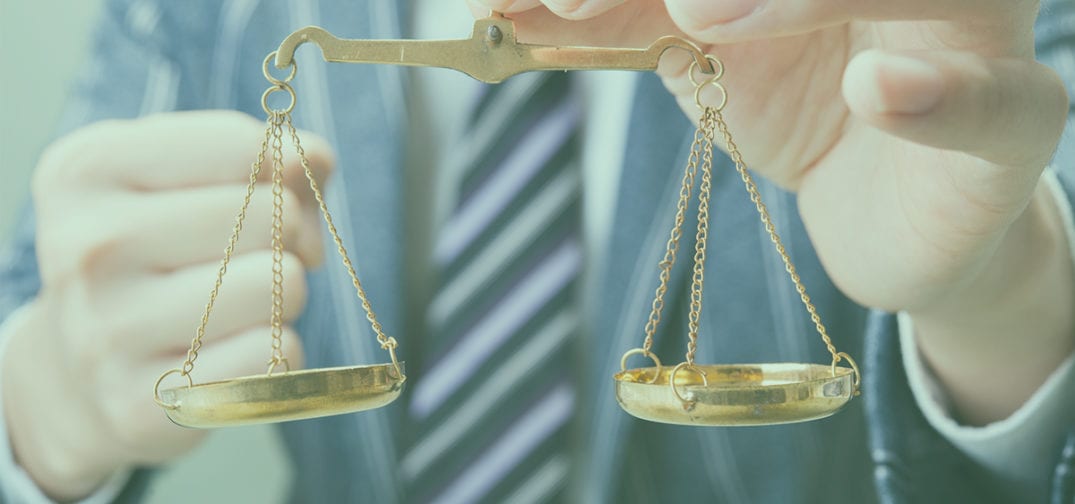In an interview with Virginia news outlet WAVY Virginia Republican Del. Glenn Davis described the state’s cannabis law—specifically social equity licensing provisions—as “asinine” and “insanity run amok.”
“Do I have a problem with them saying ‘Because you broke the law, I’m going to give you a special license’? Heck yeah. … What you’re saying if something is illegal, and you don’t agree with it, break the law because if it became legal you go to the front of the line to benefit from it. How asinine is that?”—Davis to WAVY
The state’s social equity provisions require that a person graduated from a historically black college or university; or resides in a jurisdiction disproportionately targeted by police for cannabis arrests, or that is economically distressed; or was convicted of, or related to someone, convicted of misdemeanor cannabis crimes.
Social equity provisions have been implemented in numerous states that have legalized cannabis, with proponents citing the well-documented history of racially imbalanced enforcement of drug laws in the US.
Norfolk Assistant Commonwealth’s Attorney Ramin Fatehi said that lawmakers, state officials, and the public knew cannabis arrest disparities in the state were “bad” but they “didn’t know it was that bad,” noting that 80% of the city’s first offense cannabis arrests were Black people. The trend prompted Fatehi to stop prosecuting simple possession altogether two years after taking office.
“If we take back the House of Delegates, we are going to fix all this mess,” Davis said in the report. “I’m also opposed to any taxpayer-funded money going to criminals to start businesses because they broke the law.”
In Virginia, the number of licenses that will be set aside for social equity applicants is yet to be determined, but the law provides for no more than 400 retail licenses in total which are expected to be awarded around July 2023.
Get daily cannabis business news updates. Subscribe
End
